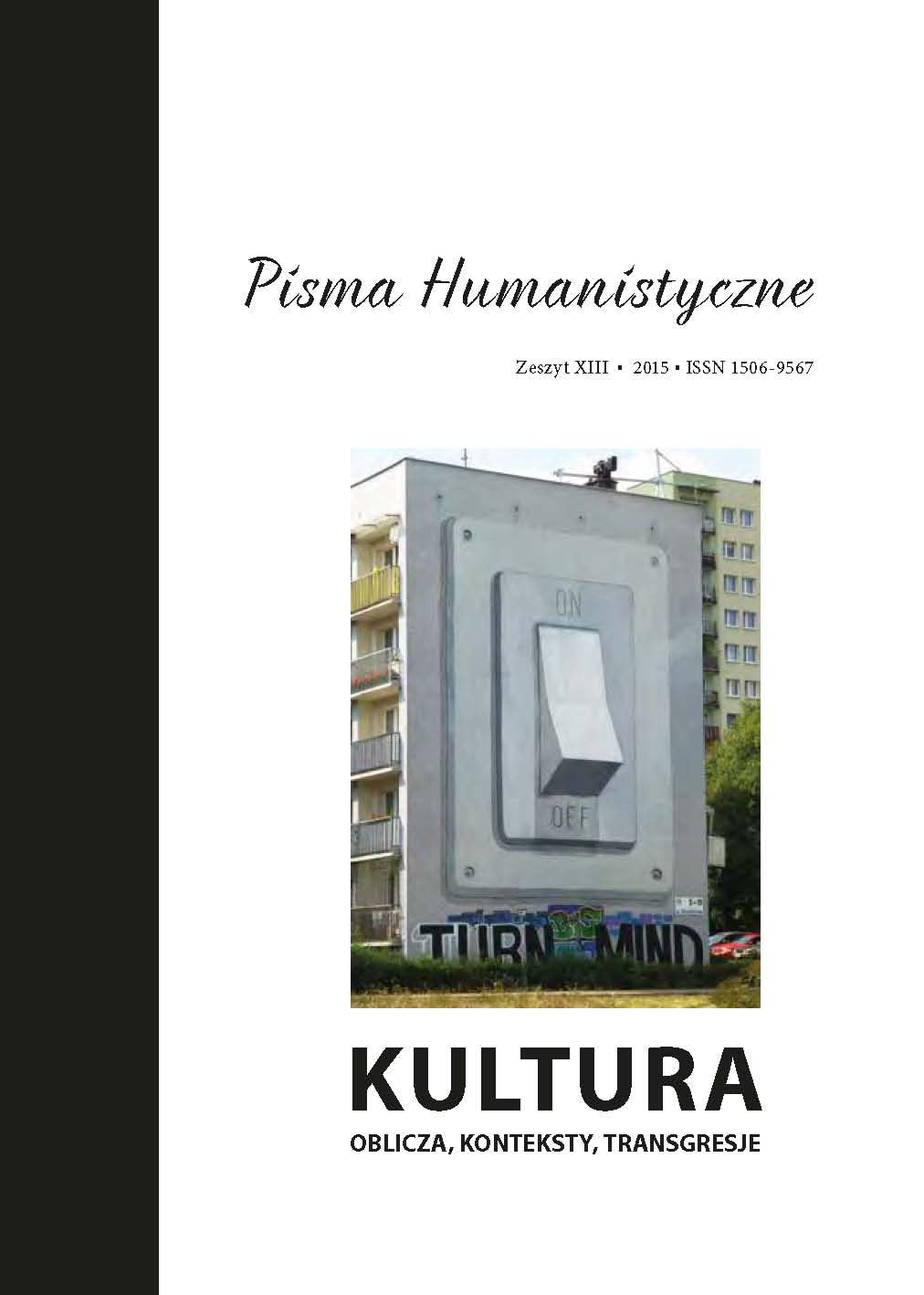Bruce Springsteen, Ronald Reagan and the Working-Class. An insight to American Politics and Popular Culture in the mid-1980s.
Bruce Springsteen, Ronald Reagan and the Working-Class. An insight to American Politics and Popular Culture in the mid-1980s.
Author(s): Szymon PietrzykowskiSubject(s): Politics / Political Sciences, Politics, Anthropology, Social Sciences, Fine Arts / Performing Arts, Music, Sociology, Government/Political systems, Cultural Anthropology / Ethnology, Sociology of Culture
Published by: Wydawnictwo Uniwersytetu Śląskiego
Keywords: Bruce Springsteen; Ronald Reagan; working; class; American politcs; American popculture
Summary/Abstract: By analyzing the political career of Bruce Springsteen’s album “Born in the U.S.A.” (1984), around which the narrative of this article took place, I tried to make a closer insight to the relation between the American politics and popular culture in the mid-1980, considered as the essential aim of this article. Main attention was put on various attempts taken by Ronald Reagan’s administration to co-opt the album’s pop cultural significance for political purposes, especially to reinforce the so called “conservative evolution” perceived as right-wing, libertarian response to the hippie movement. Bruce Springsteen, who through his hard and consistent work achieved enormous success while still remaining himself, a fellow boy from New Jersey, was presented as a role model for the yuppie generation. The title track was read as an anthem for the new American patriotism. This particular interpretation proved to be wrong. In fact, the album’s essential motif is the widening gap between Reagan’s reinterpretation of the American Dream and disappointing reality. However, it did not prevent the Republicans from winning the 1984 election and general misunderstanding of its message.
Journal: Pisma Humanistyczne
- Issue Year: 2015
- Issue No: XIII
- Page Range: 413-440
- Page Count: 28
- Language: English

